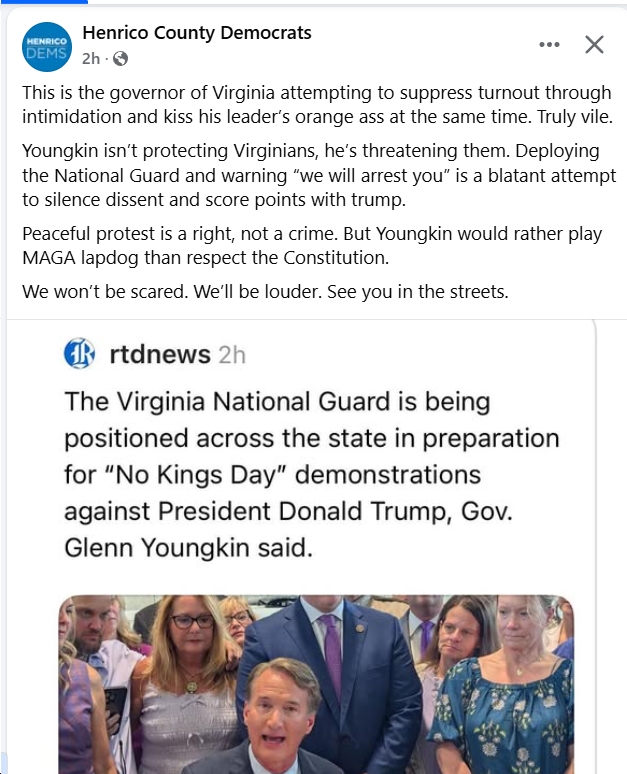A week with a reckless president beating the drums of (nuclear?) war. First he publicly tells his Secretary of State that “he is wasting his time trying to negotiate with Little Rocket Man.” Then he mysteriously, and out of the blue, declares this to be “the calm before the storm.” And finally he tweets out that regarding North Korea, “only one thing will work!”
When combined with all the other evidence that this president is a malignant person wholly lacking in concern for his fellow human beings, with a reliable instinct toward destructiveness, and questionable control over his own impulses, this threatening behavior leads me to ask:
In a situation like that which the United States faces with North Korea, how capable is Donald Trump of singlehandedly launching a nuclear war? (Or a conventional war, for that matter.) That’s not a rhetorical question: it’s one I can’t answer, and I really would like to know.
My own years in the American national security field were during the Cold War. Under those extraordinary circumstances, American strategists faced the possible scenario that our adversary — the Soviet Union — might launch a massive first strike against the United States. Military planners deemed it necessary for the President to have the capacity to launch a counter-strike within minutes. With only twenty minutes or so to “use them or lose them,” America’s land-based missiles might be destroyed in their silos if they were not launched.
No room for Congress to get involved in such decision-making.
However, there is no conceivable scenario with North Korea that requires any immediate action, as nothing the North Koreans could do to us would have any impact on the American retaliatory capacity.
So, there is no need whatever for the President to have the authority to take immediate action. And there is no reason why — with respect to North Korea — the power that the Constitution confers specifically on Congress to declare war need not be fully respected in this situation.
Therefore, would it not be unconstitutional for the President to decide on his own to initiate a war with North Korea?
However, since the President has shown in a great many ways that he has no regard for the Constitution, could he start a war anyway? Is there anything to stop a reckless commander-in-chief from just arrogating the authority to start a war?
(Does the War Powers Act constrain the President in any way relevant to this North Korean crisis? Can the president simply act first, and talk to Congress later?)
People talk about how the President has the nuclear codes, and is always accompanied by the nuclear “football.” (The Russians — and to a lesser degree the Chinese — are still out there with their nukes.) But exactly how does it work in terms of translating a presidential order to launch into the actual firing of the missiles?
Back in the Cold War days, down in the silos, there were men sitting there with keys that needed to be turned simultaneously in order for a missile to be launched, and with the keys too far apart for any one man to launch a missile. So we were protected against having a nuclear war initiated by one crazy military officer: two people had to concur that they had been given a legitimate order.
Given that Congress still seems unlikely to impeach this monster any time soon, the question arises: how automatic is the translation of presidential will into U.S. military action?
Are there other steps along the chain of command, between the President’s order to fire and American nuclear weapons actually being used?
Several months ago, a serious national security expert — I forget who — was asked whether he thought that, if Secretary of Defense Mattis were given an order to attack North Korea, he would comply. Strikingly, this expert replied that he thought that Mattis would NOT obey such an order.
So, with respect to Trump deciding to initiate hostilities with North Korea — attacking with or without nuclear weapons — does the Secretary of Defense (or anyone else) serve as a possible check on Trump’s recklessness or madness?
There is no authorization for the use of military force (AUMF) regarding North Korea. The Congress has not declared war. To what extent are we nonetheless at the mercy of Trump’s questionable sanity (or judgment, or sensible motivation) on the question of war or peace between the United States and North Korea?
(It would seem that at the very least, we face the dangerous scenario in which the two grotesque leaders involved — Trump in the U.S. and Kim in North Korea — provoke each other by degrees (as has already been happening), leading to a series of military escalations, until the step into outright war is just one more incremental step.)














